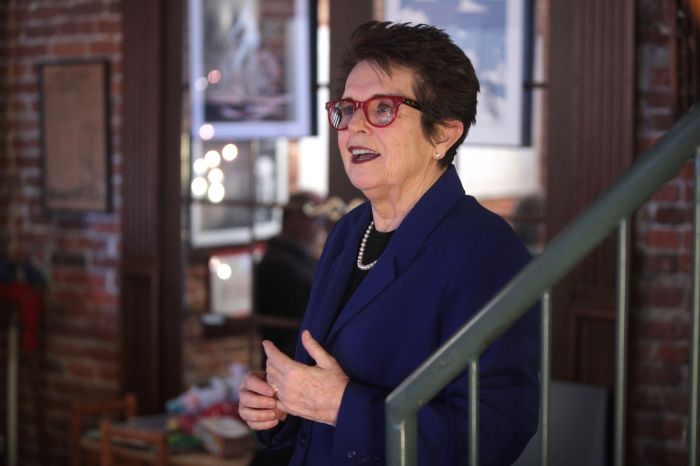By Aidan Gardiner
After a meeting last week with Cooper Union administrators, the owners of St. Mark’s Bookshop said they might be one step closer to saving their ailing store, thanks in part to the recent outpouring of community support.
The president and board of trustees of Cooper Union, which rents space to the iconic bookstore, were expected to convene on Sept. 20 and 21 to decide how to proceed. Bob Contant and Terry McCoy, the store’s owners, said they hope the college will agree to decrease their rent from $20,000 to $15,000 because steadily declining sales have made it difficult to pay the higher rate. Cooper Union administrators said they would reach out to the owners on Thursday, Sept. 22, to discuss the next steps.
Cooper Union representatives could not be reached for comment despite multiple attempts, and as of publication, it is not known what the results of the two-day meetings were.
A dramatic drop in sales and increasing rent has pushed St. Mark’s Bookshop to the brink of closure. Sales have dropped by roughly 35 percent since the economy plummeted in 2008. Their situation worsened when the rent increased to its current rate as per their lease agreement with the college.
Contant and McCoy took drastic efforts to try to keep the bookstore solvent. Last year, they laid off all part-time staffers. The eight remaining employees now get significantly less pay and fewer hours. The owners, who also work at the store, have docked their own salaries and started drawing from their Social Security savings for additional funds.
“We’ve made all the financial adjustments we can make,” Contant said. “If we don’t get any assistance on the rent, we may go out of business.”
News of their dire financial situation spurred an outpouring of community support. Joyce Ravitz, chair of the Cooper Square Committee, started an online petition to save the bookstore and has garnered almost 30,000 signatures.
“It’s a unique cultural institution,” Ravitz said. “It offers more things that no other bookstore offers or can even offer.”
The bookstore’s struggle has even attracted the attention of local leaders like Councilmember Rosie Mendez and Borough President Scott Stringer, who have each urged Cooper Union’s president to decrease the bookstore’s rent.
“The East Village cannot afford to lose St. Mark’s Bookstore,” wrote Stringer. “We must do everything we can to hold onto those long-running businesses that express the neighborhood’s unique character.”
Added Mendez, “Given the breadth of Cooper Union’s real estate investments, including the soon-to-be-developed 51 Astor Place as a fully commercial building, I believe a rent concession would not constitute a large burden to the institution.”
If Cooper Union doesn’t listen to the community’s opinions, Ravitz said she plans to reach out to the college’s students, faculty, and alumni to increase the pressure. She praised Cooper Union because it subsidizes all of its students’ tuition, but said it also has a responsibility to support the neighborhood around it.
“Cooper Union does a lot of good things,” Ravitz said. “But they shouldn’t be cutting off the community’s education.”
This isn’t the first time that Cooper Union and St. Mark’s Bookshop have been at the center of controversy. In 1990, when Cooper Union erected the tall tower, neighbors in the immediate vicinity strongly opposed yet another dorm along the Third Avenue corridor. The college asked the bookstore to move into the empty retail space on the ground floor level of the dormitory building as a way to placate outraged community members.
“They offered us 20 percent less rent than we were paying at St. Mark’s at the time,” Contant said.
Contant said that he’s unwilling to move the store again, partly because the current location is good for traffic and partly because of cost. “We couldn’t afford to unless somebody wanted to pay for it,” he said.
As an unexpected benefit, the publicity and community outreach surrounding the bookstore’s predicament have increased sales. According to employee Chris Davidson, incoming students at neighboring colleges have boosted sales even higher — although it is unlikely to last as student shoppers dwindle in the coming months and the press moves on to another story.
Still, those who work at St. Mark’s Bookshop said they’re pleased with the new interest in their store and hope that it can pull them out of their dire financial predicament.
“It’s ironic,” Contant said. “If everybody who signed the petition also bought a book, we wouldn’t be in this position.”
“But we’re in the battle, and we intend to stay in the battle,” he asserted.

































